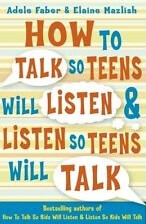Helping Your Child with Extreme picky Eating
Katja Rowell,MD Jenny McGlothlin,MD,SLP
A Step-by-Step Guide for Overcoming Selective Eating, Food Aversion and Feeding Disorders.
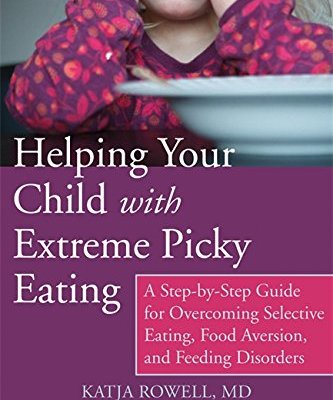
The SWAN Resource Library is located at the SWAN Office, and contains more than 350 items. Books and DVDs are available for loan free of charge to all SWAN Members, and we have numerous FREE information pamphlets available to keep. Please contact us to enquire as to the availability of items and to borrow from our library. Resources will need to be collected from, and returned to our Busselton office, located at 12 Pettit Crescent, Busselton WA 6280.
If you have a resource you would like to share with others, please contact us to make arrangements. Alternatively, make a Donation to SWAN. All donations over $2.00 are tax deductible.
The South West Autism Network relies on the generosity of our members and community to support the families of the south west region living with ASD.
A Step-by-Step Guide for Overcoming Selective Eating, Food Aversion and Feeding Disorders.

A book for kids about anxiety.
Kids can do amazing things with the right information. Understanding why anxiety feels the way it does and where the physical symptoms come from is a powerful step in turning anxiety around.
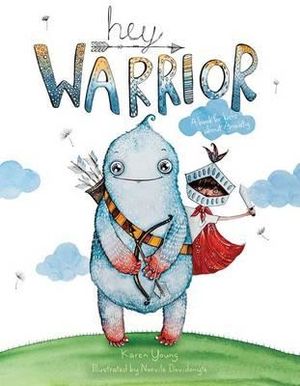
School can be a nightmare for children on the autistic spectrum. Far from learning social skills...
they may find themselves in a hostile environment where they suffer teasing, bullying and social isolation. Home education can provide a positive and workable alternative. In this sympathetic and readable book, parents who home educate their children with autism of AS tell their personal stories; how they reached the decision to educate at home, how they set about the task and how it transformed their children’s lives. A chapter on getting started with home education answers frequently asked questions about teaching materials, curricula and socialisation, and a chapter on home education and the law offers solid practical advice on relations with the education authority.
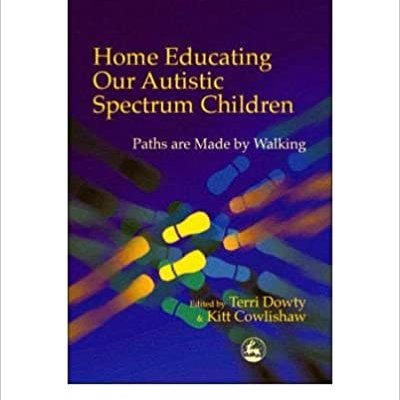
Jacob Hunt is a teenage boy with Asperger's Syndrome.
He’s hopeless at reading social cues or expressing himself to others, and like many children with Asperger’s, Jacob has an obsessive focus on one subject – in his case, forensic analysis. He’s always showing up at crime scenes, thanks to the police scanner he keeps in his room, and telling the cops what they need to do – and he’s usually right. But then one day his tutor is found dead, the police come to question him. Reluctance to make eye contact, stimulatory tics and twitches, inappropriate gestures, all of these can look a lot like guilt. Suddenly, Jacob finds himself accused of murder. House Rules looks at what it means to be different in our society, and at the extremes of love and loyalty a family must call upon to overcome impossible circumstances.
A note from SWAN: ‘Asperger’s Syndrome’ is no longer used as a diagnosis and the term “high-functioning” is harmful, as it minimises the varied support needs of autistic people. SWAN does not endorse these terms, but recognises that this resource contains other useful information.
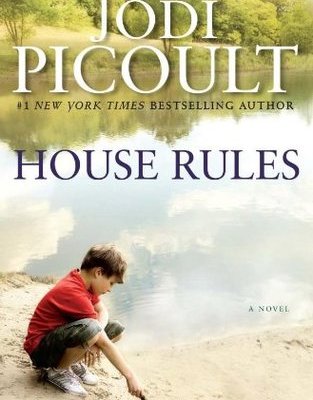
A dictionary of emotions for children.
Join Aroha and her friends as they share how different emotions feel in the body and how each emotion can be helpful. This dictionary is all about helping children find the words to how they truly feel. Learning to recognise and bale our emotions is an important skill for life. Only when we know how we feel can we know how best to manage that emotion, if we need to. how we feel is never wrong or bad. Our feelings are always valid!
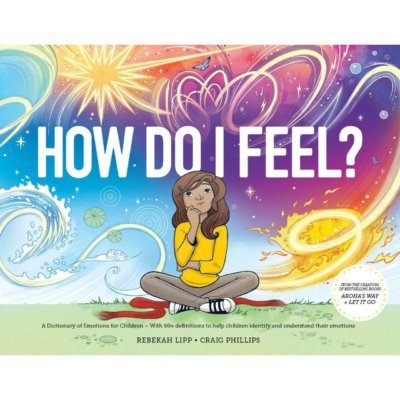
A memoir of growing up Asexual.
“When I was in school, everyone got to a certain age where they became interested in talking about only one thing: boys, girls and sex. Me though? I was only interested in comics.”
Growing up, Rebecca assumes sex is just a scary new thing they will ‘grow into’ as they gets older, but when they leaves school, starts working, and does grow up, they starts to wonder why they doesn’t want to have sex with other people.
In this brave, hilarious and empowering graphic memoir, we follow Rebecca as they navigate a culture obsessed with sex – from being bullied at school and trying to fit in with friends, to forcing themself into relationships and experiencing anxiety and OCD – before coming to understand and embrace their asexual identity.
Giving unparalleled insight into asexuality and asexual relationships, How To Be Ace shows the importance of learning to be happy and proud of who you are.
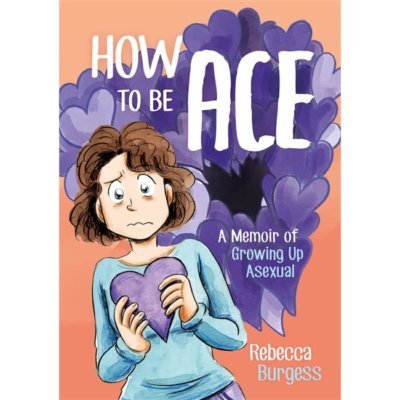
A book for children who worry too much and for those who want to help them.
How to Bust The Worry Warts was written by Chris Wever and drawn by Neil Phillips. Both Chris and Neil are consultant psychiatrists. They created this book to help children who experience unnecessary, exaggerated and terrifying worries. The book features Worry Warts who float around making mischief by pushing useless, painful and ridiculous worries into the minds of children. This causes children to suffer and lose confidence.
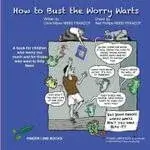
"Everybody who goes to school does homework. You are not alone. And they feel just as sick as you do when they have to do it."
Trevor Romain knows how horrible homework can be, and kids will see this right away as they page through this book, grin at the cartoons, and smile at Trevor’s funny insights while getting the homework help they need. Meanwhile, they’ll discover valuable truths and pointers about homework: “People who say homework is a waste of time don’t know what they are talking about.” “The best way to get your homework done without feeling sick every time you see it is to just do it.” Kids will also learn how to make a homework schedule, when to do the hardest homework (first!), the benefits of doing homework, and more-serious suggestions delivered with wit and humor because laughter makes learning fun.
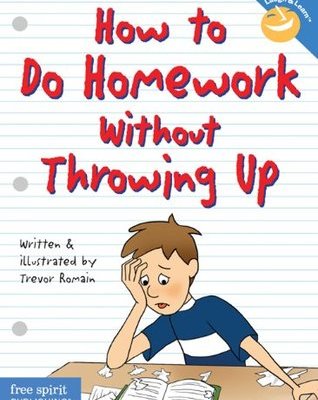
Practical strategies for parents and professionals.
This accessible and valuable introduction to caring for a child with autism is an ideal resource for teachers and members of a child with autism’s immediate and extended family. In clear and simple language, with many illustrations, the authors tackle common problems experienced in everyday routines such as eating, sleeping and going to the toilet, as well as how to cope with aggression and tantrums, preoccupations and compulsions and how to enable better communication and socialising. Based on up-to-date research and using many case examples, the authors consider step-by-step why each problem may be happening and suggest a number of solutions.
A note from SWAN: ‘Asperger’s Syndrome’ is no longer used as a diagnosis and the term “high-functioning” is harmful, as it minimises the varied support needs of autistic people. SWAN does not endorse these terms, but recognises that this resource contains other useful information.
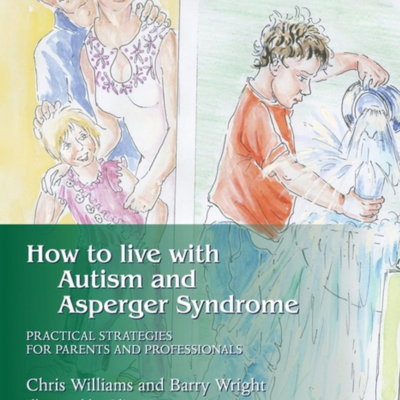
Anger is a part of life. We can't avoid it, we shouldn't stuff it, and we can't make it go away.
Kids need help learning how to manage their anger. This book speaks directly to them and offers strategies they can start using immediately. Blending solid information and sound advice with jokes and funny cartoons, it guides kids to understand that anger is normal and can be expressed in many ways-some healthy, some not. It teaches them how to recognize anger in themselves and others, how to handle situations and emotions (loneliness, guilt, frustration, fear) that lead to or mask anger, and how to deal with the anger they feel. Young readers learn that violence is not acceptable and there are better, safer, more positive ways to resolve conflicts. They also discover what to do when people around them are angry, how to get help, and how to locate other resources (books, hotlines, school groups) when they need more support.
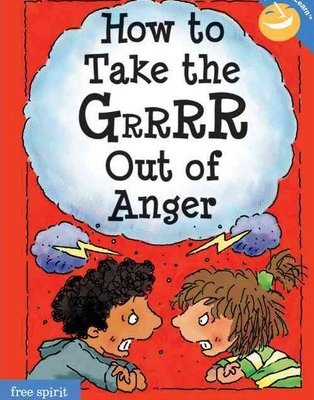
30th Anniversary Edition updated with new insights from the next generation. You can stop fighting with your children!
Here is the bestselling book that will give you the know-how you need to be more effective with your children–and more supportive of yourself. Enthusiastically praised by parents and professionals around the world, the down-to-earth, respectful approach of Adele Faber and Elaine Mazlish makes relationships with children of all ages less stressful and more rewarding. Now, in this thirtieth-anniversary edition, these award-winning experts share their latest insights and suggestions based on feedback they’ve received over the years. Their methods of communication–illustrated with delightful cartoons showing the skills in action–offer innovative ways to solve common problems. You’ll learn how to: Cope with your child’s negative feelings–frustration, disappointment, anger, etc. Express your anger without being hurtful Engage your child’s willing cooperation Set firm limits and still maintain goodwill Use alternatives to punishment Resolve family conflicts peacefully.
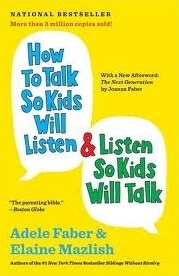
The renowned #1 New York Times bestselling authors share their advice and expertise with parents and teens in this accessible, indispensable guide to surviving adolescence.
Adele Faber and Elaine Mazlish transformed parenting with their breakthrough, bestselling books Siblings Without Rivalry and How to Talk So Kids Will Listen & Listen So Kids Will Talk. Now, they return with this essential guide that tackles the tough issues teens and parents face today. Filled with straightforward advice and written in their trademark, down-to-earth style sure to appeal to both parents and teens, this all-new volume offers both innovative, easy-to-implement suggestions and proven techniques to build the foundation for lasting relationships. From curfews and cliques to sex and drugs, it gives parents the tools to help their children safely navigate the often stormy years of adolescence.
